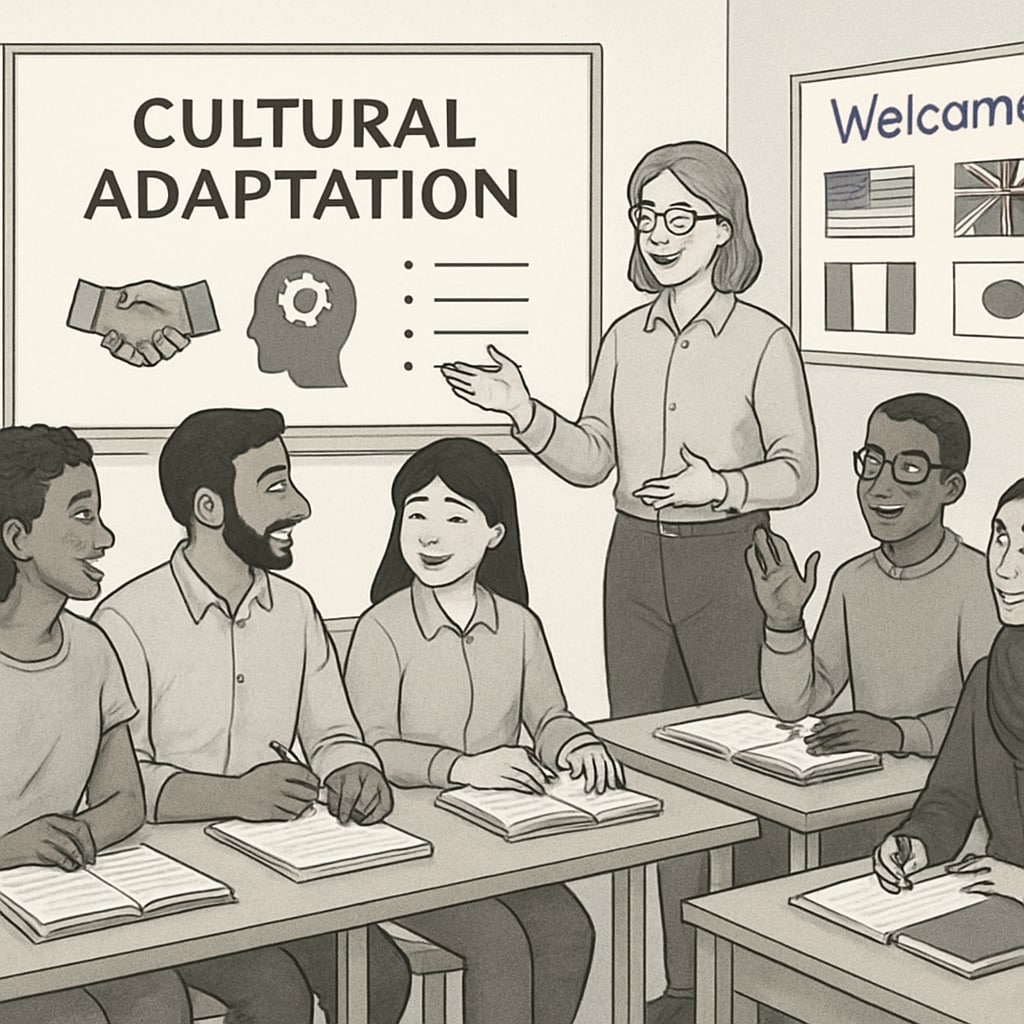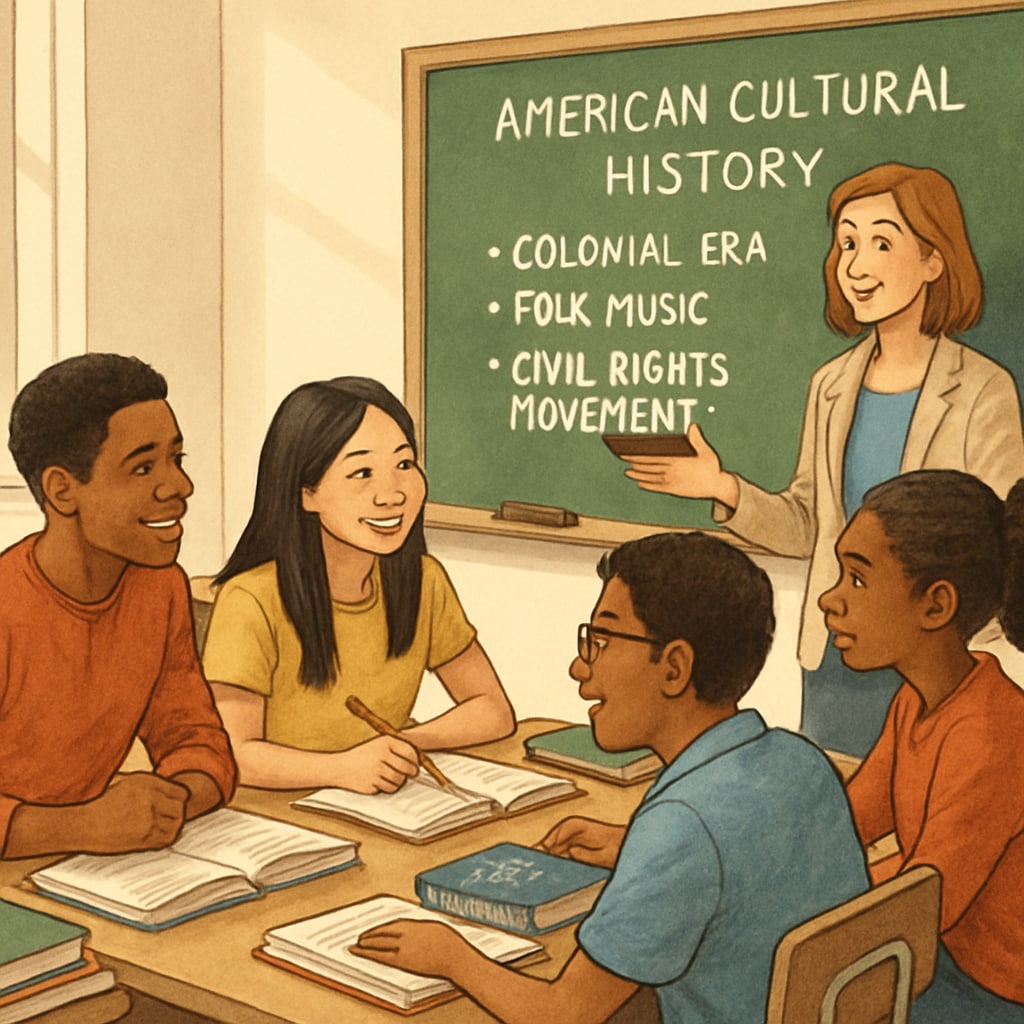For international students working in New York, transitioning into a new cultural environment can be both exciting and daunting. Adult education programs focused on cultural adaptation and foundational knowledge are essential tools to bridge the gap between their native culture and the American way of life. These resources not only help students feel integrated into society but also equip them with the skills necessary to thrive professionally and socially.
Understanding Cultural Challenges Faced by International Students
Adapting to American culture involves more than just learning the language. It includes understanding social norms, professional etiquette, and historical context. Many international students often find themselves struggling with cultural misunderstandings or feelings of isolation. As a result, supplemental education programs act as a valuable bridge to ease this transition.
For example, cultural competency courses frequently cover topics like workplace communication styles, American holidays, and even the history behind certain traditions. These lessons provide students with the context needed to navigate daily interactions with ease.

Where to Find Adult Education Programs in New York
New York City offers a wealth of opportunities for international students to improve their cultural knowledge. From libraries to community centers, the city is a hub for adult education programs designed for diverse learners. Below are some key resources:
- The New York Public Library (NYPL): NYPL hosts free workshops on cultural adaptation and English language learning. Additionally, programs often include interactive activities that simulate real-world scenarios.
- Community Colleges: Institutions like LaGuardia Community College offer adult education courses tailored to international students. These courses frequently include career-focused content alongside cultural training.
- Private Language Schools: Many language schools in NYC, such as Kaplan International, incorporate cultural immersion into their curriculum to ensure students gain practical knowledge about American customs.
For more information, you can visit the New York Public Library or explore CUNY’s adult education programs.
Key Components of Foundational Knowledge Courses
The most effective foundational knowledge programs focus on three main areas:
- Language Proficiency: Advanced English courses help students understand idiomatic expressions and professional jargon used in workplaces.
- Cultural Awareness: Programs often include an overview of American history, politics, and societal norms to provide a deeper understanding of the country’s values.
- Practical Skills: Courses may feature lessons on financial literacy, transportation systems, and even dining etiquette, ensuring students can confidently navigate everyday life.

Benefits of Cultural Adaptation Resources
Engaging in cultural adaptation programs offers long-term advantages that go beyond immediate integration. It allows international students to:
- Build stronger relationships with colleagues and peers.
- Enhance their employability through improved communication skills.
- Feel more confident and comfortable in social settings.
These resources not only enhance individual growth but also foster global understanding by creating a more inclusive environment for all.
Conclusion
International students in New York face unique challenges that require specialized support. Adult education programs focusing on cultural adaptation and foundational knowledge are invaluable tools for easing this transition. By embracing these resources, students can not only succeed professionally but also form meaningful connections within their communities. Whether through libraries, colleges, or private institutions, New York City offers a wealth of opportunities to help students bridge cultural divides and thrive in their new environment.
Readability guidance: This article employs concise paragraphs, lists, and overviews of actionable resources. Active voice and transitional phrases are used to ensure clarity for readers.


